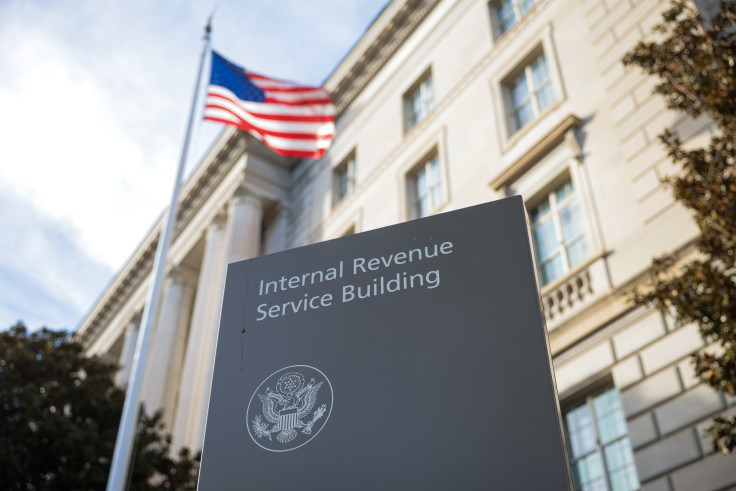
Earlier this week, the Internal Revenue Service (IRS) reached an agreement with immigration authorities to share the personal information of undocumented taxpayers. Under the agreement, the U.S. Department of Homeland Security (DHS) can legally request return information related to individuals under criminal investigation, with the document stating that the IRS "must provide" immigration agencies with any information they request.
This decision could facilitate immigration enforcement agents with finding undocumented immigrants faster, as information such as their home and work addresses can now be disclosed. But it could also result in less people filing their taxes due to fears of being deported.
According to an immigration lawyer, the IRS's agreement with immigration authorities makes the situation a bit more complicated. Alex Galvez, founder of Immigration Law Practices in Los Angeles, California, talked to Telemundo Noticias and advised people to be more cautious when it comes to filling their taxes.
"U.S. laws sometimes are contradictory," Galvez said."They do not want undocumented people to be here. But if you are here, you better be working and filing your taxes."
During the interview, Galvez recommends people to talk to their accountants or to file for an extension "to see how this new partnership between ICE and the IRS will develop."
Additionally, Galvez mentioned that he personally tells his clients to omit sharing their home address when filing their taxes.
"I tell my clients that maybe a good idea is to not share your home address and instead use a different one that might be a safer option so you are not exposed to a possible deportation," he said.
Undocumented immigrants paid $96.7 billion in federal, state, and local taxes in 2022, per the Institute on Taxation and Economic Police. While much of that came in the form of sales and other taxes over which they have little control, about $57 billion is made up of "taxes that are likely to be prone to noncompliance," Carl Davis, research director of ITEP told Axios.
Amid the increasing fear of being deported due to President Donald Trump's major crackdown on illegal immigration, Galvez said that the migrants who should be worried are those with criminal records "or those who count with a deportation order or are currently under investigation" since ICE will now have access to that sort of information.
"That new clause opens the door to many more migrants at risk, which is why we need more clarity and transparency so that ICE cannot use this tool in order to abuse its power and look for any undocumented person," Galvez added.
© 2025 Latin Times. All rights reserved. Do not reproduce without permission.





